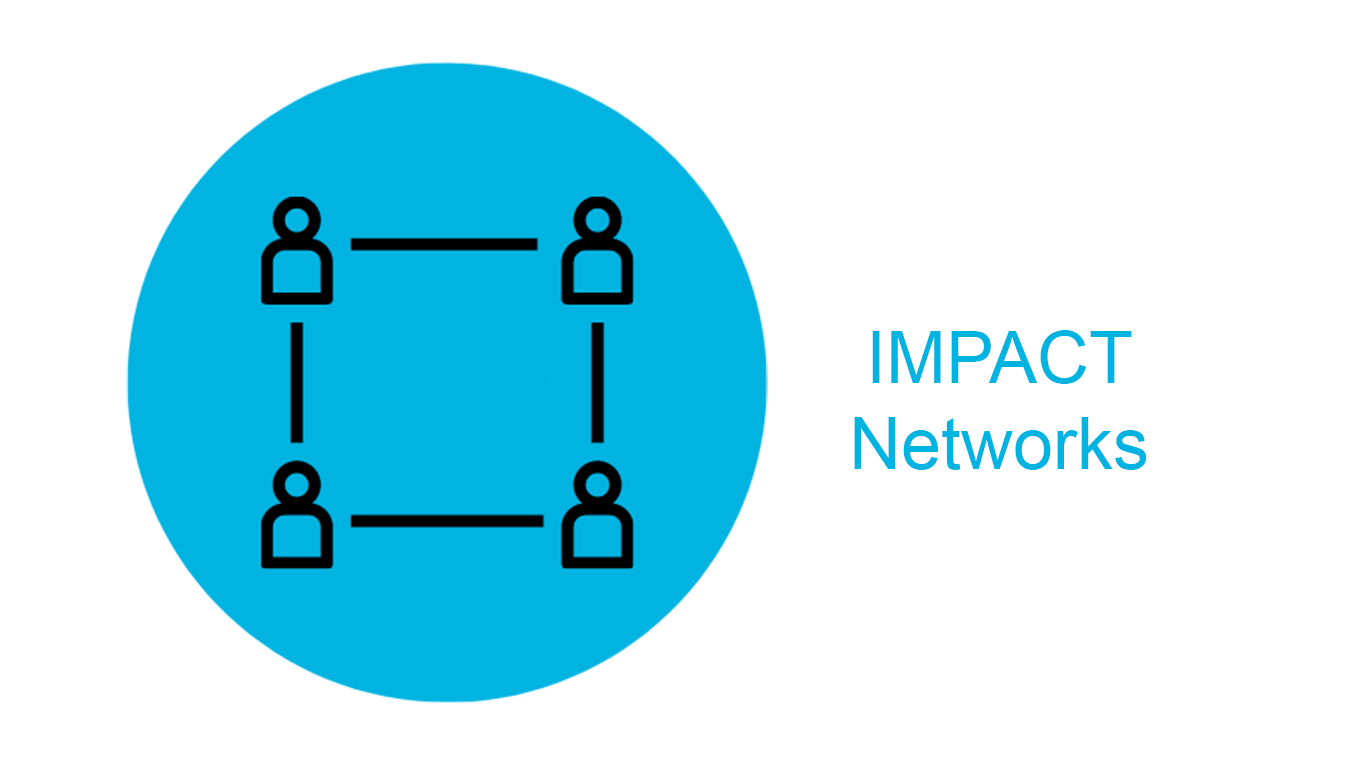In 2022, we’ve been getting up and running as a national centre and testing our four delivery models via a series of pilot projects across different parts of the UK. In 2023, we want to work in even more places and cover a broader range of topics. We’re still working on the detail of this, but we hope to be able to go out to the sector in late 2022 with an ‘expression of interest’ – looking for partner organisations who might be interested in hosting future projects.
Topics for 2023
The topics for 2023 would be based on the priorities which came out of our national survey and from our Assemblies. In particular, we’ll focus on topics which:
- Make a real difference
- Tackle inequalities
- Make good use of scarce resources
- Have enough evidence for us to work with (where there isn’t enough evidence we’re trying to make sure that we feed this back to partner organisations so that they can try to fill these gaps as quickly as possible)
This is likely to include topics such as:
- Prevention and well-being
- Assets-based and person-centred care
- Carers’ health and well-being
- Support for people who work in social care
Identifying Partner Organisations
When we identify sites that might want to work with us, we want to get a real mix (e.g. in terms of geography, and the nature and needs of the local population). We also want to make sure that we don’t just work with organisations that usually volunteer for these opportunities – but with a wide range of people. This might include small, innovative community organisations; user- and carer-led organisations; and services that are really struggling and wouldn’t usually be able to think about taking part in something like this.
To help people plan, we’ll be clear about the funding and support we can provide, but also about the things we’ll need in return (for example, we’ll want sites that are committed to co-production and to sharing learning with others).
Expressing interest
There will be more information later in the year – but please start thinking about whether your organisation might be interested in expressing an interest. You can sign up to our newsletter and follow us on social media (Twitter, LinkedIn) to be among the first to find out more.


